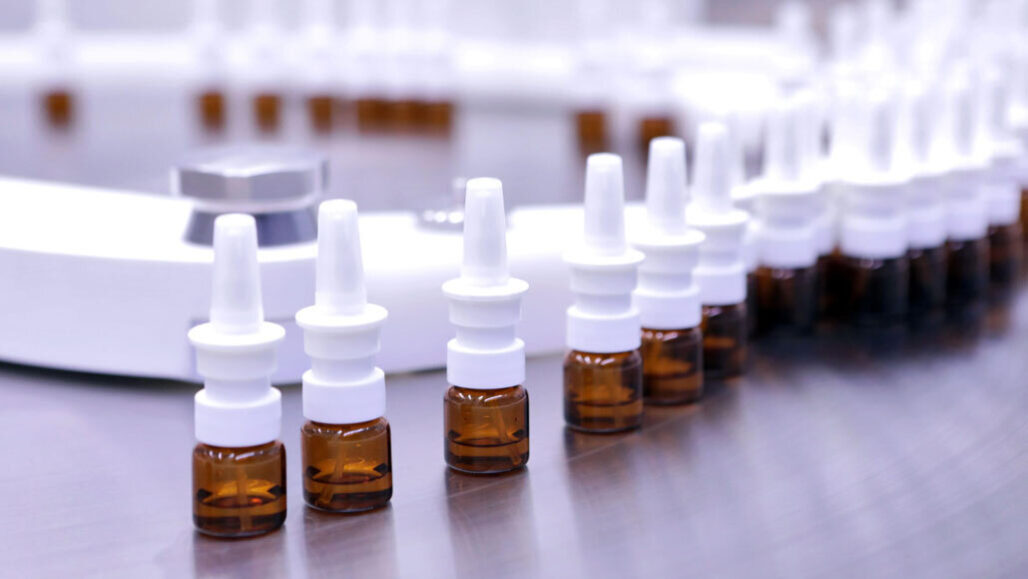 |
Interferon, an immune system chemical that helps the body fend off viruses, is being tested against the coronavirus (vials of the drug seen in production here). The timing of when interferon enters the fight may help determine how sick someone with COVID-19 becomes. SLARGO/ALAMY STOCK PHOTO |
In severe cases of COVID-19, a person’s immune system throws everything it has at the coronavirus, but some of the weapons it lobs end up hurting the patient instead of fighting the virus.
Now researchers have new clues for getting the immune system back on target, before the disease becomes severe. One of the most comprehensive looks to date at the immune system of COVID-19 patients pinpoints where things go awry. The findings suggest that bolstering the body’s first line of defense against the virus using drugs known as interferons may help prevent severe illness.
In a study of 113 patients admitted to Yale New Haven Hospital from May 18 to May 27, researchers monitored immune system chemicals and cells in two groups: severely ill COVID-19 patients who needed intensive care and moderately ill patients who were hospitalized but didn’t end up in the ICU. For comparison, the team also looked at healthy health-care workers.
This study characterized the nuances of the immune response and “characterizes the inflammation at its nittiest, grittiest level,” says Michal Tal, an immunologist at Stanford University who was not involved in the study.
Moderately ill patients had an initial spurt of immune chemicals that fight viruses and fungi, then those levels gradually went back to normal, Akiko Iwasaki, an immunologist at Yale University, and colleagues found.But in the severely ill patients, levels of those chemicals remained high, the researchers report July 27 in Nature. In addition, allergy-producing antibodies and immune chemicals and cells usually dedicated to expelling parasitic worms got enlisted against the virus. As in other studies, the severely ill patients also had low levels of T cells, immune cells involved in recognizing and killing viruses.

